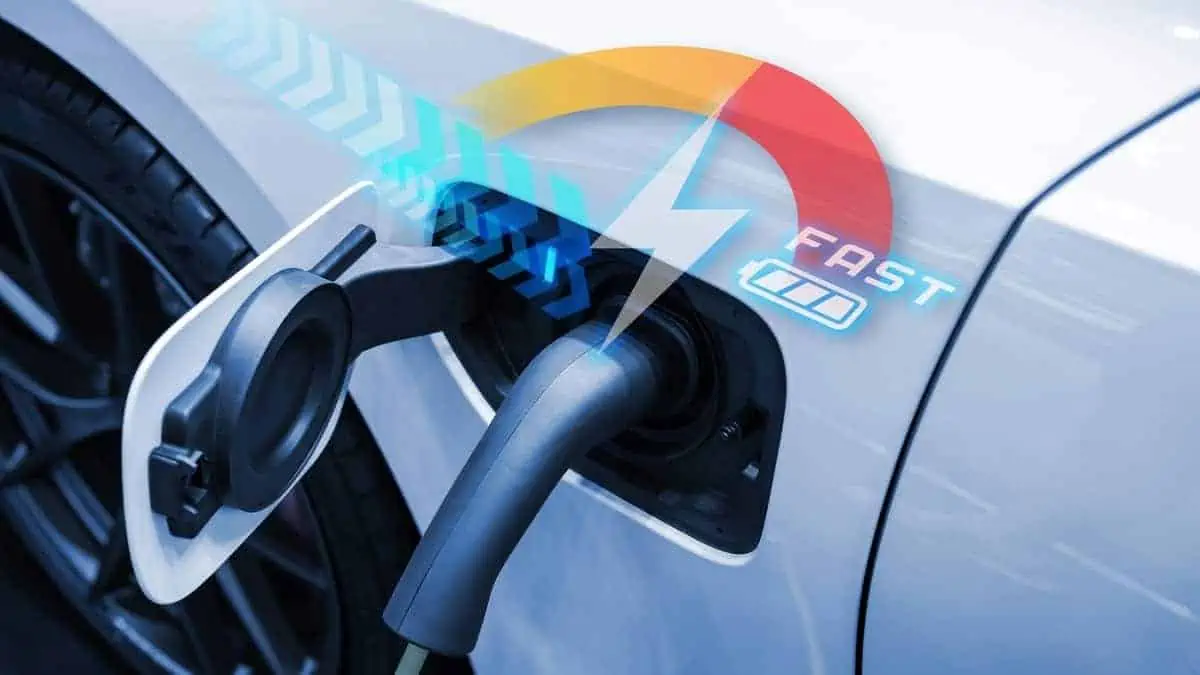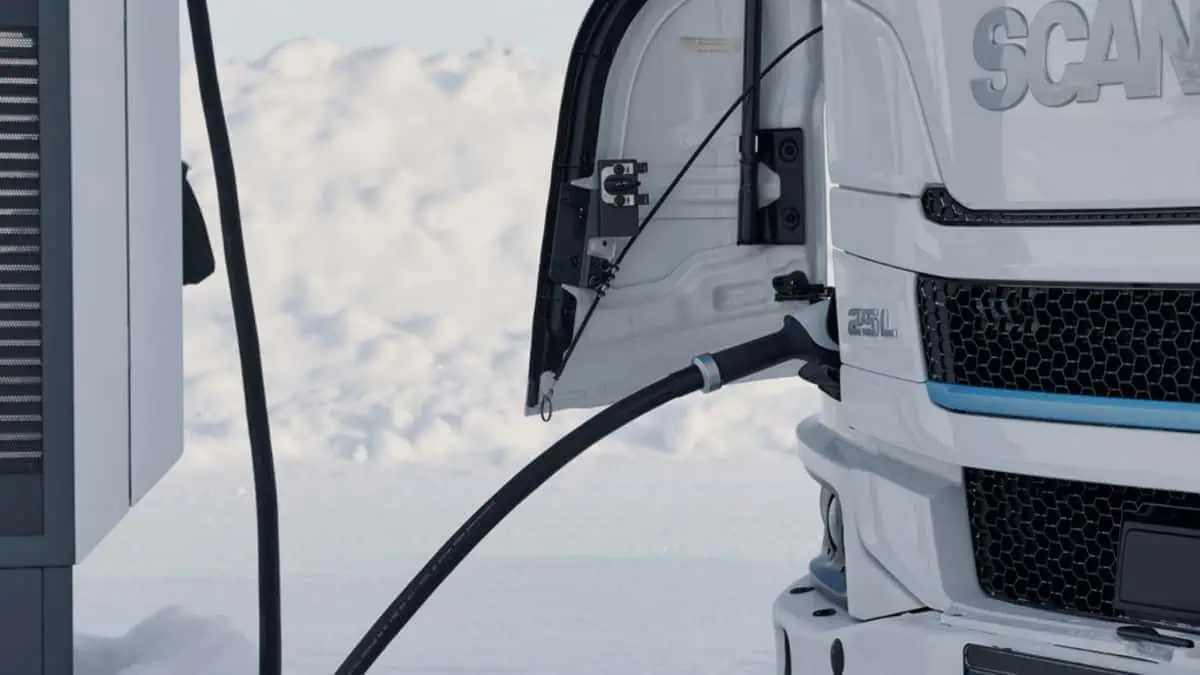The state of North Carolina has finally surpassed the 70,000 electric vehicle registrations milestone largely due to the tax credits from the US Inflation Reduction Act, Independent Tribune reports.
North Carolina reportedly registered more plug-in electric vehicles in the January-July period, with almost 18,000 units compared to the FY 2022’s record of 16,940 units, the Department of Transportation revealed.
Leading counties in EV registrations
The counties of Guilford and Forsyth both enjoyed an increase in EV registrations of 28% in the first seven months of 2023. For context, EV registrations in Guilford reached 2,887 units, while Forsyth had 1,770 units.
The report also noted that Guilford dominated the EV industry regarding saturation, with 74 units per 10,000 vehicle registrations. On the other hand, Forsyth had a saturation rate of 61 EVs per 10,000 registered vehicles.
In addition, the biggest counties, Wake and Mecklenburg, contributed almost 42% of the overall electric vehicle registrations statewide.
Specifically, Wake registered 208 EVs in every 10,000 vehicle registrations. Meanwhile, Mecklenburg had 158 EVs per 10,000 registered vehicles.
US IRA as the main growth driver
As mentioned, the US Inflation Reduction Act significantly accelerated the electric vehicle adoption in North Carolina.
President Joe Biden officially imposed the IRA in August 2022 to incentivize qualified EV purchases with up to $7,500 tax credits.
However, it requires automakers to assemble or produce their EV offerings in a local factory in North America to qualify for the tax credits. Moreover, it must source at least 50% of the battery parts in the region and 40% of critical minerals in the US or an authorized trade partner.
These percentages will continue to grow incrementally in the following years, depending on the government’s assessment.
Nonetheless, the EV tax credits significantly attracted NC-based customers to shift to electric vehicles. It is unsurprising, considering that an up to $7,500 incentive is a substantial aid for a car purchase.
“We had been thinking about this for a while, and when the Inflation Reduction Act passed, we thought, ‘Well, maybe it’s time to think about this. We kind of understood how electric works and were looking for a car that would be a little more useful on long trips.”
Julie and Stan Meiburg, Winston-Salem-based Chevrolet Bolt EV owners
See Also:
- North Carolina has been granted $109M as part of a nationwide EV charging network
- Scout Motors to invest $2 billion for its first US production plant in South Carolina
- Redwood Materials to build $3.5 billion battery factory in South Carolina
- A new factory in South Carolina to produce over 10,000 EV chargers annually
- EVgo expands kWh pricing across the US
The US Inflation Reduction Act has truly been effective in accelerating the shift to electric vehicles not only in the country but also in the entire North American region. The EV tax credits under this bill largely aid customers to afford expensive EV models.






